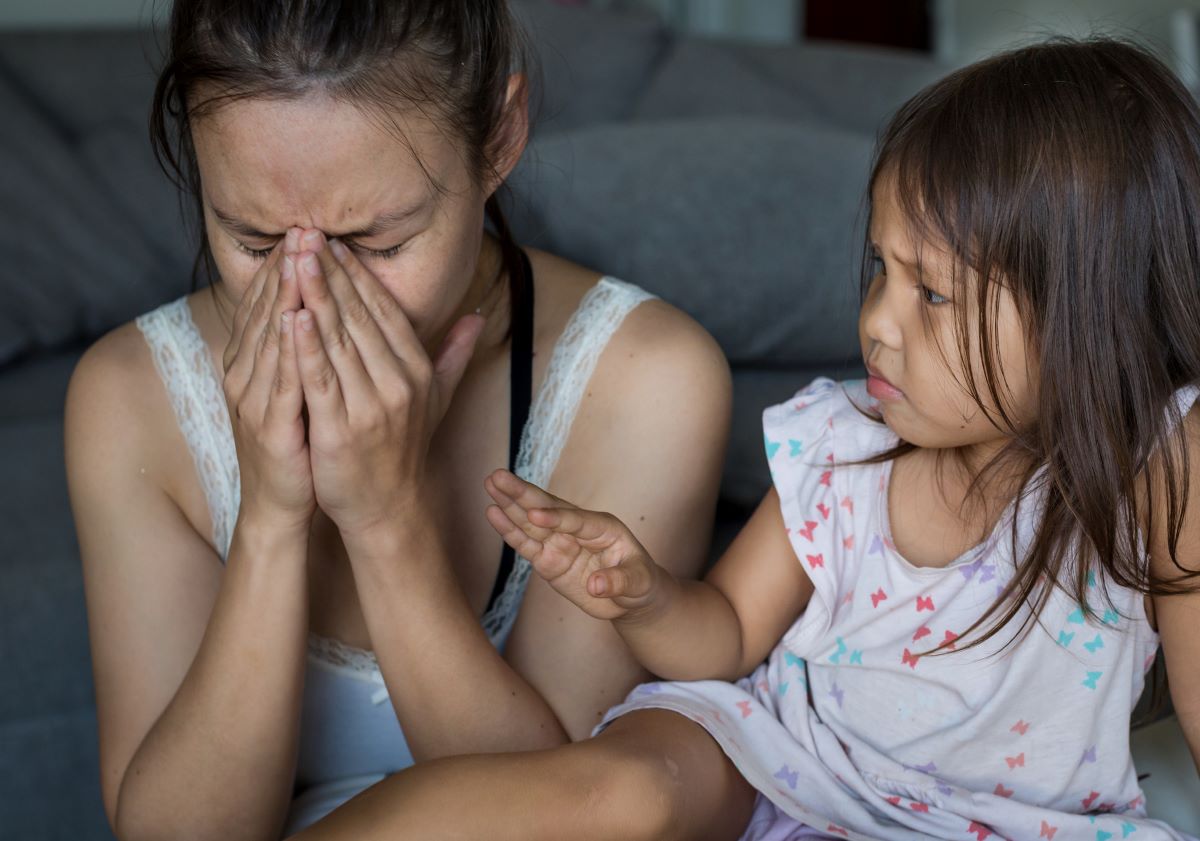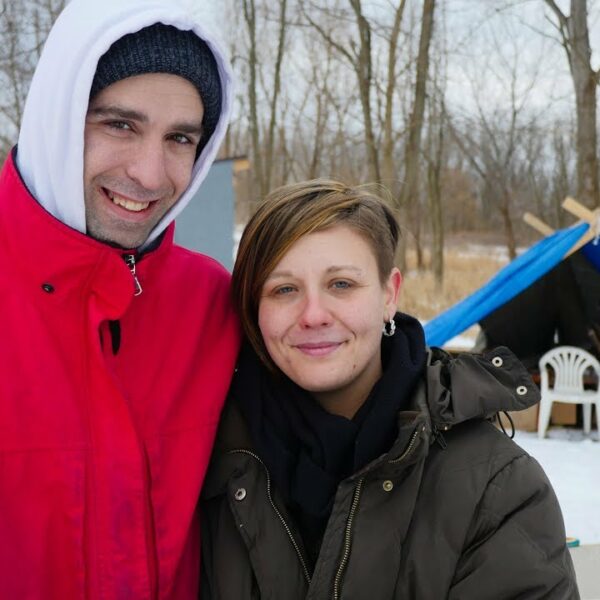We’ve all heard of the exorbitant cost of housing in a market where the average house costs almost half a million dollars. We’re familiar with the unfathomable price of homelessness as criminalization takes its toll on taxpayers. And, we know people living on the streets experience comparatively shorter life expectancy rates.
Is it any wonder then that both of these arenas have reached crisis-level numbers? Additionally, as a direct result, the US is expected to pay another hefty price tag, this time for healthcare?
America’s Precarious Housing Situation Could Cost Our Healthcare System More Than $111 Billion in Ten Years
The housing market may be booming. However, making a handful of corporate landlords and real estate entities rich comes at the price of public health and community education. This much is evident thanks to a nationwide study conducted by Boston Medical Center.
Research Associate and Ph.D. holder Ana Poblacion conducted the study as part of her mission to improve nutritional and health services for underprivileged people. She claims:
“Ensuring stable homes for all will not only make families healthier but save our nation money in both the near and long term.”
Hospitalization and Mental Health Crises: The Staggering Price We Pay When Casting Families on the Streets
To quantify the homeless crisis, Dr. Poblacion carefully calculated the costs of medical needs that she determined were tied to the circumstances of mothers and children living unhoused. Some of the most common of these include:
- special education services
- multiple repeat hospital visits
- excessive need for additional dental procedures
- the price of mental health care for mother and child, who were traumatized by their abject state of living
A separate study published by the National Library of Medicine indicates that Medicaid members experiencing homelessness are privy to more frequent hospital and emergency room visits. According to the data, unhoused individuals are four times more likely to undergo hospitalization than their housed peers. That study attributes the phenomenon to a myriad of obstacles posed by homelessness, such as:
- injuries sustained during assaults like robberies, hate crimes, and rape
- chronic physical conditions caused by enduring inclement weather and harsh outdoor conditions
- previously unaddressed health issues that worsened before discovery
- more immediate demands, like the need for food or shelter, taking precedence over routine visits to the doctor’s office
- not having a regular, trusted physician
- having insurance but losing identification due to robberies or sweeps and more
As you might imagine, mothers and children bouncing from couches to street corners and wondering where their next meal might come from are also in dire need of more mental health care. Yet, they often lack access to these services early on. The result is more money spent treating the inevitable states of depression and PTSD from living in such an unthinkably brutal environment.
Using an economic model to quantify the hypothesis, Dr. Poblacion concluded that under the current rate of homelessness, the United States stands to lose an astonishing $111 billion in healthcare costs treating poverty-stricken and homeless mothers with children. This is a high price tag but reflects a fraction of the actual toll.
* Important Note: While this study used nationwide data, it scrutinized only the medical plights of mothers and children who were either victims of family homelessness or precariously housed. By this report’s standards, precariously housed families have relocated two or more times or are significantly late on rental payments.
Since 70% of homeless people are men and were not included, we must assume that the actual price tag is significantly higher. Also, this study’s estimate projects the price we’d pay if homelessness rates remained the same. That is a rather optimistic standard. According to PBS News, American homelessness is skyrocketing at an “alarming rate” with no signs of decreasing or staying the same.
Homelessness is the Sign of a Sick Society
Any nation that ignores the suffering of its neighbors on the streets is itself suffering an illness of the heart.
The duality of America is truly a perplexing thing. It’s as if there exist not two countries living side by side, one rich, the other poor, but rather two universes on a parallel plane where poverty and wealth walk quietly instep but fail to recognize each other at the intersection.
How ironic, the fact that not knowing our homeless neighbors is costing us billions of dollars. Yet, we’re all still too greedy to care.
Talk To Your Legislators About the Public Health Crisis of Homelessness
Taxpayers will spend hundreds of billions of dollars in healthcare costs in the coming decade because homelessness exists. The bright side to this news is that it doesn’t have to happen. By passing legislation prioritizing affordable housing over criminalization, we can end three crises at once:
- the homeless crisis
- the housing crisis
- and the pending healthcare crisis that is ten short years down the road












